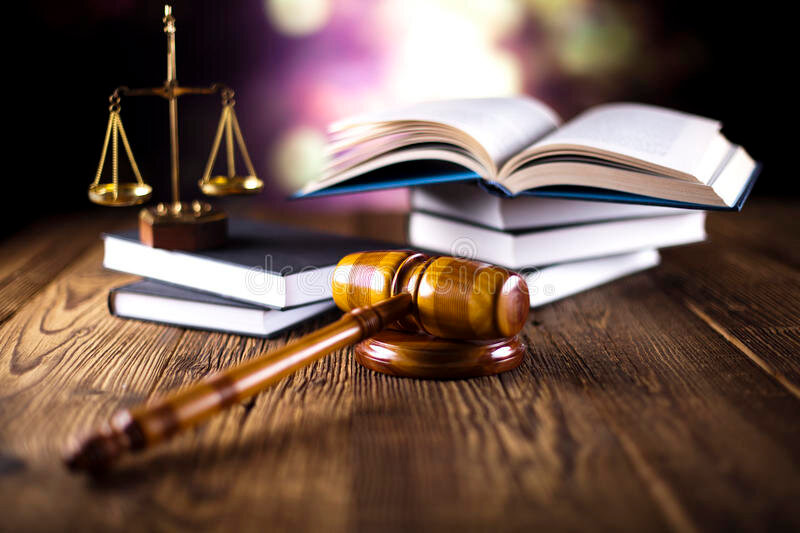Exploring Complexities in Copyright Law: Balancing Rights and Innovation
In the digital era of creativity and innovation that thrives alongside the ease and speed of replication and dissemination, copyright laws are a critical pillar in protecting creators’ rights while fostering innovative thinking. This article explores how to strike a balance between copyright law and protecting intellectual property.
Foundation of Copyright Law
In essence, copyright laws grant creators exclusive rights over their original works, including literary, musical, and artistic expressions, as well as other creative forms. These rights are an incentive for creators to spend time, money, and effort on their work, knowing they can reap the benefits of their efforts.
Copyright protection is available for various works, including books, films, software code, and digital content. It gives creators the ability to control their works, including how they are reproduced and shared so that they can receive a fair reward for their contribution to society.
Promoting Innovation
Copyright law’s primary goal is to encourage creativity and innovation. It encourages original and innovative content because it provides creators with legal protection for their works. This, in turn, contributes to the enrichment and development of culture, knowledge, and society as a whole.
Copyright protection also encourages investment in the creative industries, including publishing, film, music, and software. Copyright holders may monetize the works they own through various means, including licensing, sale, and distribution.
Challenges to the Digital Age
The digital revolution has impacted copyright law. The ease with which digital content can be copied, remixed, and shared has raised concerns about unauthorized uses and infringement. Social media and online platforms make it easy for people to share copyrighted material. However, these platforms also threaten the rights of copyright holders and creators.
The rise of new technology, including artificial intelligence (AI) and machine learning, has blurred ownership and authorship. As a result, questions arise about the rights of copying and AI-generated works and their implications for fair compensation.
Fair Use and Its Role
The doctrine of fair use is essential to balancing the rights of copyright owners with the interests of society. Fair use allows the limited use, without permission, of copyrighted content in certain circumstances, such as criticism, commentaries, news reporting, and teaching.
Fair use promotes knowledge and information dissemination and protects the freedom of expression. It allows transformational uses of copyrighted artworks, such as parody and satire.
International Considerations
Copyright operates in a global environment, with international agreements governing the protection and enforcement of rights to intellectual property. Copyright laws and enforcement mechanisms are different in each jurisdiction, which can present challenges to copyright holders who operate in a global marketplace.
Harmonization of copyright laws and international standards is essential to facilitate transactions across borders and protect creators’ rights. Collaboration and international cooperation are key to combating copyright violations and piracy.
Conclusion
The rights of the public, copyright holders, and authors are balanced under copyright law. In the digital age, when innovation is limitless, and information is freely exchanged, copyright law plays a critical role in safeguarding intellectual property rights while fostering a thriving ecosystem. Individuals and corporations often consult a competent copyright attorney to guarantee appropriate copyright protection and enforcement. To effectively traverse the intricacies of copyright law, one must possess an understanding of legal concepts, technology advancements, and cultural standards. In order to face the difficulties of the digital era and preserve justice, innovation, and fairness, copyright law is changing.







